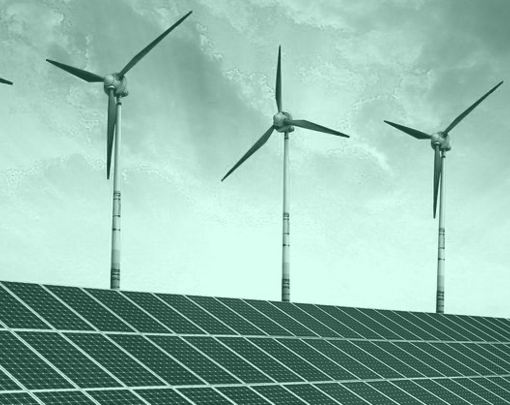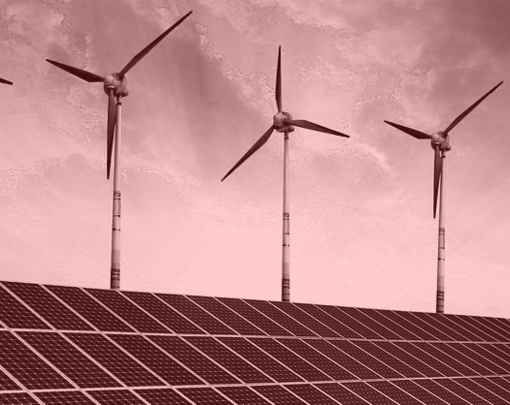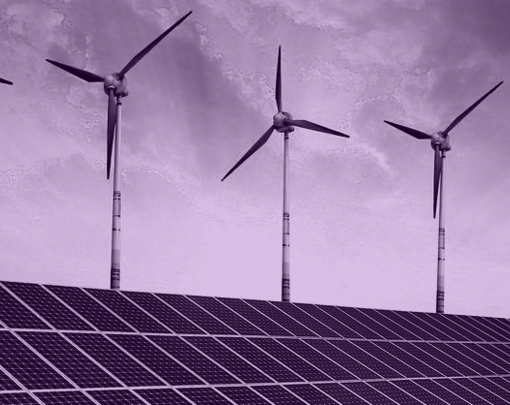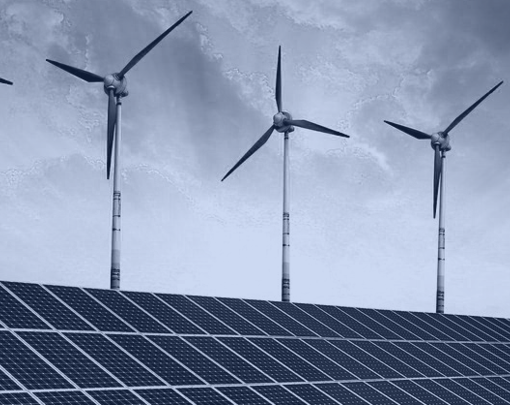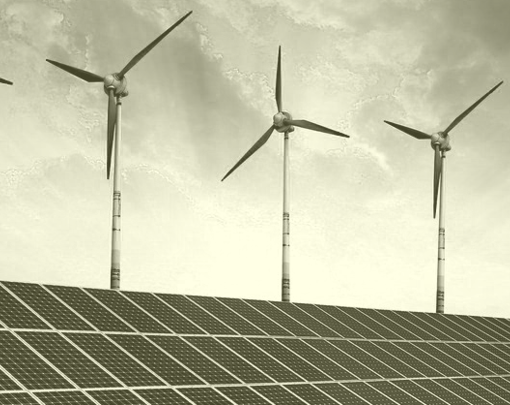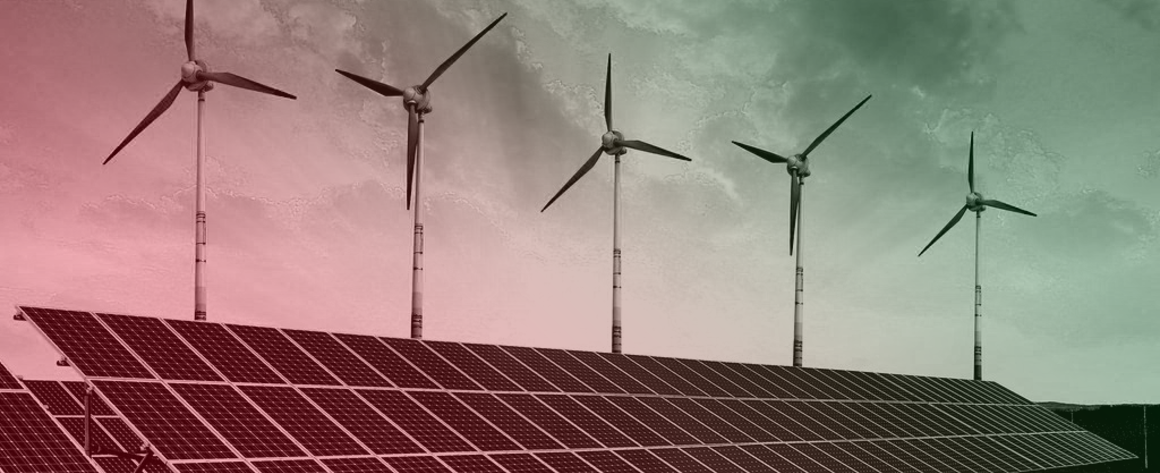
- Supporting energy democracy through a Green New Deal
Supporting energy democracy through a Green New Deal
The Green New Deal is a plan to tackle the connected crises of climate change and inequality. One major goal of the Green New Deal is to achieve 100% decarbonized energy. But, far beyond reducing carbon, a Green New Deal would invest in projects to green the economy that create unionized, family-sustaining wages in sectors old and new, break up corporate monopoly power, and provide all communities equitable access to things like clean air and water. In sum, it is a major mobilization towards a different type of economy.
To do so within the timeframe we have to work with, the Green New Deal must be ambitious enough to construct entirely new institutions, reorganize sectors of our economy, and rigorously rewrite the rules of the game to end the extractive economy. To achieve the dual mission of this massive federal investment plan, the Green New Deal needs to invest in projects that build energy democracy across the United States.
The policy interventions featured in this series:
What is energy democracy?
Our current energy system is run by and for fossil fuel interests. Oil and gas companies like Chevron or ExxonMobil, and large utilities like the Southern Company and Duke, have used their political and economic power to continue to run our energy system off fossil fuels because that’s how they make their money. Generally, where there have been investments in renewable energy, our current markets and financing favor large, corporate entities and centralized clean energy projects that fail to enable independence from fossil fuel power plants or monopoly control and that rarely spread the benefit to the larger community. This model for clean energy can centralize clean energy wealth and raise costs for everyday households, rather than distributing wealth, lowering costs, and improving quality of life for communities as the Green New Deal seeks to achieve.
Energy democracy seeks to shift this balance of power in more ways than one. It seeks to build an energy future based on democratically governed, community-controlled renewable energy. Rooted in climate justice, it aims to distribute ownership and control to all—particularly those most subjugated by our current economic system—so that the next energy system provides affordable, clean energy for all that builds up the power of communities instead of polluting or profiting off of them.
There are examples across the country of energy democracy in action—from building community-owned renewable energy in neighborhoods like Sunset Park in New York City to the work PUSH Buffalo has done to build vibrant, efficient affordable housing.
Why do we need the Green New Deal to fuel energy democracy?
While there are thriving examples of energy democracy across the country and around the world, financing and pro-monopoly regulatory barriers have been a major problem across the board. Financial flows historically haven’t favored renewable energy projects, let alone projects that are collectively owned or that operate differently from a “usual” business, while regulations have explicitly or accidentally limited the ability of community-based alternatives to take hold.
Through the Green New Deal, we have a major opportunity to expand federal financing in a way that builds an equitable green economy and open up options for communities to take the lead. In fact, by putting public funds, technical expertise, and the legal rights to create local clean energy into the hands of cooperatives, public institutions, and social enterprises, we can ensure that the benefits of the clean energy transition actually accrue to our communities, instead of Wall Street firms or large corporations.
In this series, we put forward important policies that, as part of the Green New Deal, could be transformational in fueling energy democracy—providing access, ownership, and control to those largely left out of the market. This is an evolving compilation and is by no means a comprehensive list of the policy or financial interventions needed to embed energy democracy into a Green New Deal. The policies highlighted here serve instead as some of the key policy building blocks that will enable a more equitable and resilient energy system.
This growing compilation of policy proposals for energy democracy in a Green New Deal have been put together in conjunction with Cooperative Energy Futures and The Democracy Collaborative.


